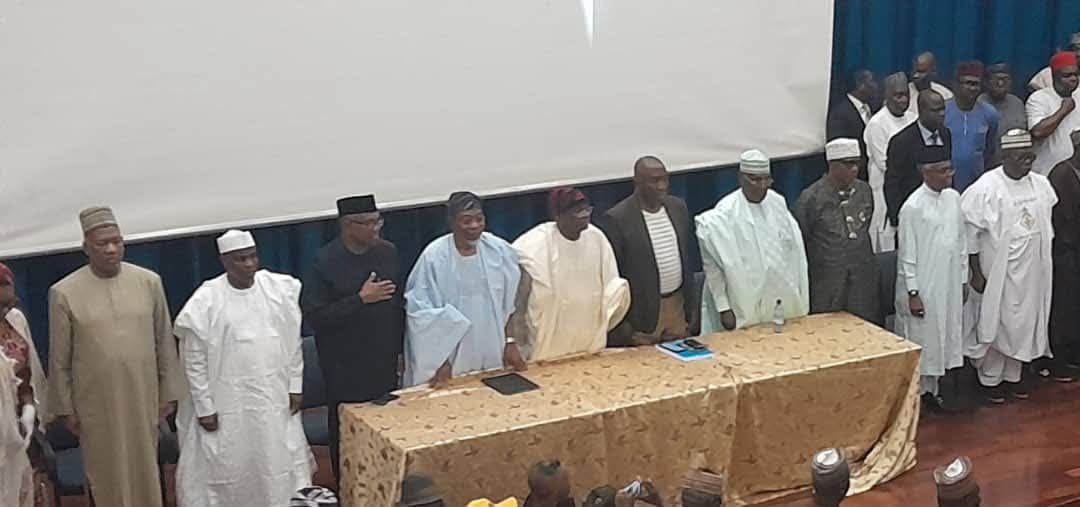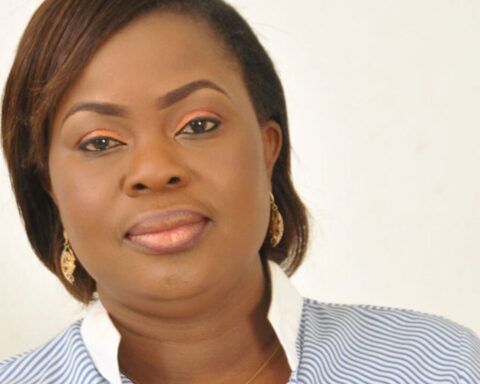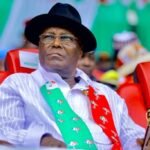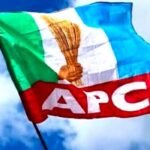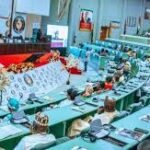President Goodluck Jonathan’s administration could arguably be described as one of the most transparent and reform-oriented governments in Nigeria’s democratic history. His cabinet was populated by seasoned technocrats, many of whom would later earn global acclaim for their expertise and innovation. Ministries and key agencies were helmed by professionals who were not only competent but visionary, implementing policies that positively transformed several sectors of the economy and society.
The administration discovered and empowered a new generation of exceptionally gifted Nigerians who were committed to national development. As a result, Nigeria began to earn positive global headlines, featuring prominently in The Financial Times and other international publications as a rising African economic force. It is little surprise that many of the Jonathan-era policymakers were later poached by global institutions and foreign governments for their insight and strategic value. The records are amazing.
However, while the reforms were commendable, President Jonathan struggled to balance the intricacies of governance with the political demands that came with power. As insecurity, especially in the North-East, began to challenge national stability, the political undertone of his administration became increasingly contentious. The push for a second term was met with fierce opposition, particularly from the North, despite the significant development projects executed there.
Under the leadership of Dr. Akinwumi Adesina, then Minister of Agriculture, the North witnessed an agricultural renaissance. Federal Government grants and interventions flowed into rural communities, igniting hope and opportunity. Similarly, President Jonathan’s decision to build thousands of almajiri schools across the region was a bold attempt to reform an age-long system of educational neglect. Yet, his noble intentions were met with political resistance. Many northern elites prioritized electoral conquest over social progress.
Internally, the People’s Democratic Party (PDP) became a battleground of conflicting interests. Alhaji Atiku Abubakar and his cohort of dissatisfied politicians continually disrupted party unity with persistent demands and subtle sabotage. Their actions made it increasingly difficult for President Jonathan to focus solely on governance and reform.
The tipping point came in September 2013, during the PDP National Convention at Eagle Square, Abuja. That event marked the formal emergence of a splinter group, the so-called “New PDP,” spearheaded by Atiku. This faction included seven governors: Sule Lamido (Jigawa), Rabiu Kwankwaso (Kano), Murtala Nyako (Adamawa), Babangida Aliyu (Niger), Aliyu Wamakko (Sokoto), AbdulFatah Ahmed (Kwara), and Rotimi Amaechi (Rivers). Their meeting at the Yar’Adua Centre culminated in the selection of Abubakar Kawu Baraje as Chairman and former Osun State Governor, Olagunsoye Oyinlola, as Secretary-General.
That internal rupture severely weakened Jonathan’s presidency. News of widespread insecurity, fluctuating exchange rates, and increasing trade deficits began to dominate public discourse. Soon after, the New PDP merged with the Congress for Progressive Change (CPC) and the Action Congress of Nigeria (ACN) to form the All Progressives Congress (APC), a formidable coalition that would ultimately dislodge the PDP from power in 2015.
I was an insider to the campaign that followed. As a member for President Jonathan’s Transformation Ambassadors of Nigeria (TAN) under late Sen. Ifeanyi Ubah, it was difficult to sell his ideas, policies and agenda with the likes of Atiku and coalition group denting Nigeria’s image even at the international scene.
The 2015 election ushered in a new political order, packaged with promises of tackling corruption, insecurity, and wasteful governance. It was led by a retired Army General known for his strict demeanor. However, what followed was an ironical blunder in the form of reality. Leadership under the APC revealed a parade of uninspiring appointees. Ministers who lacked the vision and competence to manage even the smallest enterprises, let alone critical national portfolios. Heads of agencies were drawn from the archives of political history, names forgotten until dusted off and repositioned.
Ironically, many of those who now champion new coalitions were key players in the Buhari-led administration. Rotimi Amaechi, for instance, was appointed Minister of Transportation, with his protégé Dakuku Peterside heading NIMASA. Atiku, once a fierce critic, became a friend of the presidency. Governors who previously fought Jonathan became sycophants under Buhari. Nasir El-Rufai emerged as one of the most influential governors, emboldened by his closeness to the President. Dino Melaye, one of the most vocal opponents of Jonathan, transformed into a government contractor. Rauf Aregbesola became a minister etc.
Senator David Mark, after presiding over the Senate for years, retreated into obscurity, offering little to his own people in Benue State. Together, this group managed to hold Nigeria hostage for eight years, reaping the benefits of power while delivering little of value.
Amaechi went as far as constructing a university in Buhari’s hometown, while neglecting infrastructure development in the South-South, from where he hails. Resources borrowed for railway development were funneled toward the North and even extended into Niger Republic. El-Rufai, meanwhile, remained largely indifferent to the ethno-religious violence that plagued Southern Kaduna. Silence became the default posture. The same northern leaders who vociferously opposed Jonathan’s administration fiercely defended Buhari’s tribalistic approach, wherein plum positions were reserved almost exclusively for northerners. Atiku maintained his silence through it all.
Yet amid this political chaos, Barr. Nyesom Wike, then Governor of Rivers State, emerged as one of the few consistent voices of opposition. He kept the PDP afloat and defended the legacy of President Jonathan when it was neither convenient nor popular to do so.
As Buhari’s tenure drew to a close, the same political actors who once abandoned the PDP returned, led once again by Atiku. Their objective was simple: reclaim control of the party. Though they met stiff resistance, Atiku has always operated on the principle of “If it’s not me, then it must be no one else.”
Now, as we witness the emergence of yet another coalition disguised as a rebirth of the PDP, it’s hard not to view it as a rerun of history. The same forces that truncated the presidency of a Southern leader are now back to challenge another southerner’s political future. The pattern is unmistakable.
If governance were truly their concern, Atiku and his allies would have mobilized a coalition against the Buhari administration, which by all metrics performed abysmally. But they didn’t. That silence was loud.
Is the coalition for good governace or for power grabbing?
Wait for part 2
Ikechukwu Iroha writes from Abuja
Follow us on all social media platforms @dailyquery for news and analyses around the globe.
